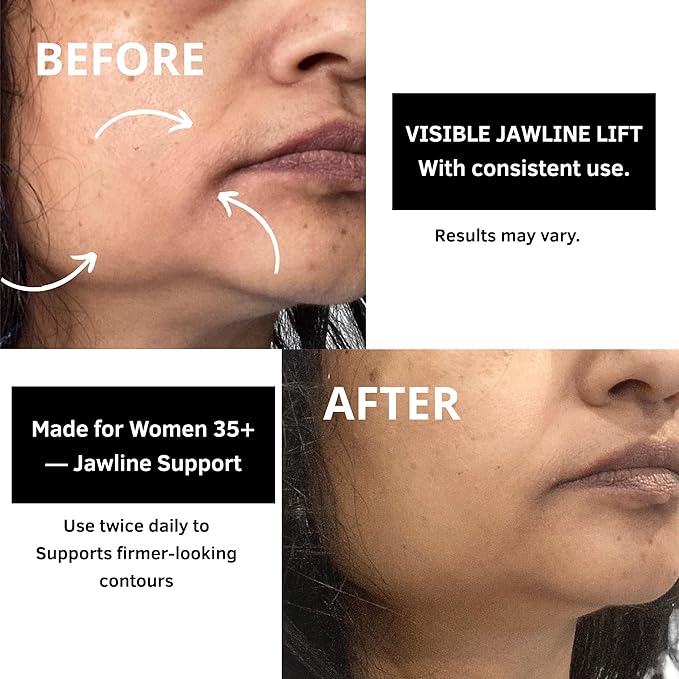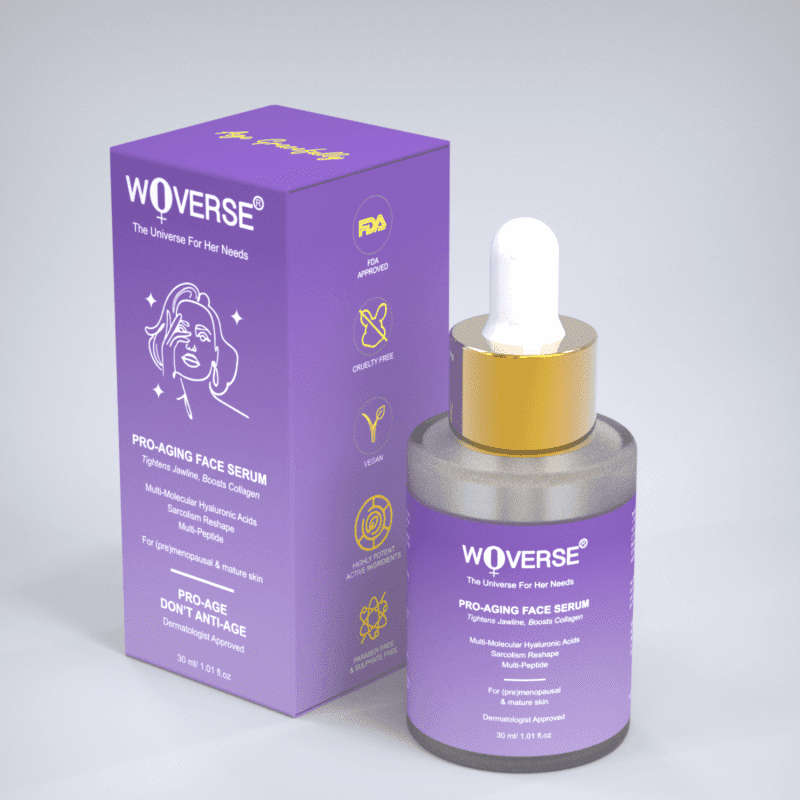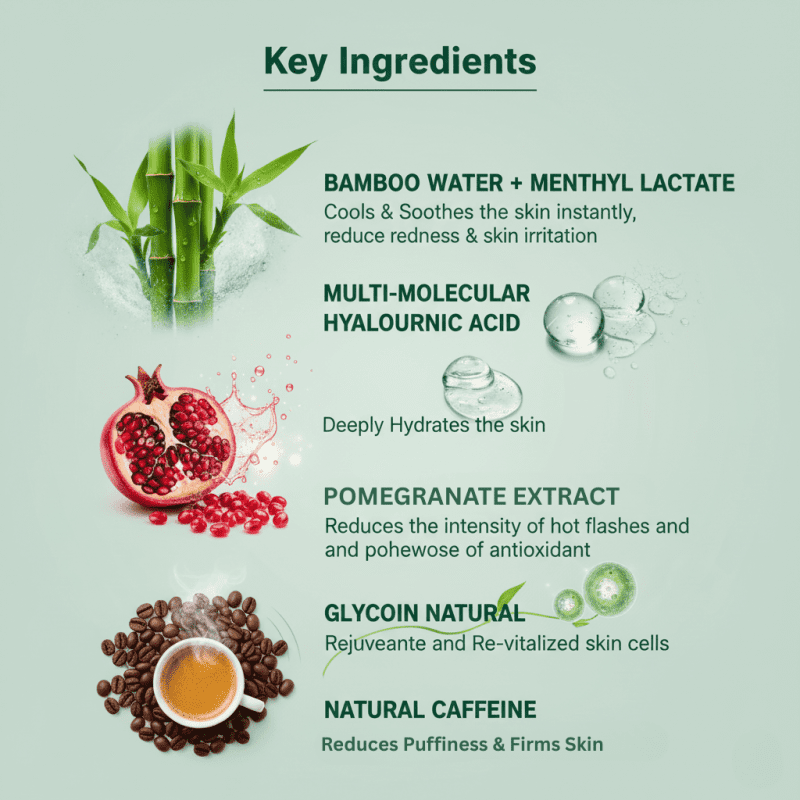
What is Menopausal Rage ?
During menopause, our moods change because of biology and life situations. Hormones play a part in feeling angry, but so do everyday challenges like raising teenagers or taking care of aging parents. It's important to understand that anger during menopause is influenced by both hormones and life circumstances—and it's not your fault.
Why it happens ?
Estrogen and progesterone influence brain chemicals including GABA, which calms you down, dopamine and serotonin, two of the “happy” chemicals, and norepinephrine, which gives you energy. When estrogen and progesterone levels decrease during menopause, so does their role in helping you release these chemicals. And, it can feel pretty terrible.
As hormone levels fluctuate, menopausal women tend to experience heightened stress, mood swings, and irritability. You may find yourself lashing out at your partner or your kids when they leave dishes in the sink or forget to turn off the lights when they leave the room.
8 Things You Can Do About Menopause Rage
1. Get Regular Exercise
The CDC recommends that adults get at least 150 minutes of moderate-intensity exercise per week. Regular exercise comes with numerous health benefits, such as a reduced risk of cardiovascular disease, improved sleep, reduced stress, and more energy during the day.
However, it is also proven to boost your mood. This is because regular exercise floods your body with endorphin hormones, serotonin, and dopamine, which gives you a boost when menopause has your hormone levels depressed.
2. Watch Your Diet
Just as with exercise, there are many reasons why you want to watch what you eat. Choosing the right foods can impact your hormone levels positively.
Foods rich in phytoestrogens or plant estrogens—such as soybeans, legumes, and some fruits and vegetables—have been shown to help alleviate the symptoms of perimenopause and menopause.
3. Stay Hydrated
One lesser-known symptom of menopause is an increased risk for dehydration. Estrogen helps a woman’s body tissues retain water, so when estrogen levels decrease, it becomes harder for those tissues to hold on to moisture.
Dehydration has a number of adverse side effects, including irritability and confusion. That’s why it is absolutely critical that you drink between 8 and 12 glasses of water a day.
4. Get More Sleep
Studies show that even mild sleep deprivation leads to dramatic, adverse effects on mood and wellbeing. You need to prioritize a good night’s sleep and take all the necessary precautions to prevent sleep interruptions—like night sweats—that will prevent you from getting the rest you need.
5. Watch Your Caffeine Intake
There are two big reasons you’ll want to consider reducing your caffeine intake. First, too much caffeine, especially after 3 pm, can result in poor quality sleep, which can make mood-related symptoms worse.
You should also reduce your caffeine intake because caffeine is associated with an increased risk of vasomotor symptoms in menopausal and perimenopausal women. That means your chances of night sweats, hot flashes, and hot flashes increase when you have too much caffeine.
How much is too much? It’s difficult to say—body chemistry differs from person to person. If you experience hot flashes and consume caffeine, try reducing or eliminating caffeine in your diet.
6. Stop Smoking
Women who smoke report more intense and frequent menopausal symptoms than women who don’t. If you want to reduce your chances of experiencing night sweats and hot flashes, consider cutting back or quitting smoking altogether. Quitting smoking can reduce menopausal and perimenopausal symptoms, helping you better regulate your mood and get better sleep.
7. Meditate and Practice Mindfulness
You can make changes in perspective and awareness to address the feelings of intense irritability and anger associated with menopausal rage. If you’ve never tried mindfulness meditation, or think you wouldn’t enjoy more structured mindfulness practices like yoga, simply connecting with nature and going for a walk can help ground you when you are feeling intense moods.
It doesn’t have to be a big thing either—you can learn a simple breathing technique or grounding exercise to try out when you feel overwhelmed. Sometimes, a step back and a reassessment of the situation is all we need to help ourselves calm down.
8. Spend Time with Friends
Sometimes you just need time with people who get you! Spend time with friends and allow yourself to simply be. You don’t have to worry about being anything but yourself with close friends. And that can considerably help your mood.
Plus, socializing with other women who know what we mean when we say menopausal rage can help us put our symptoms in perspective and let us know we aren’t alone in feeling intense mood swings.










